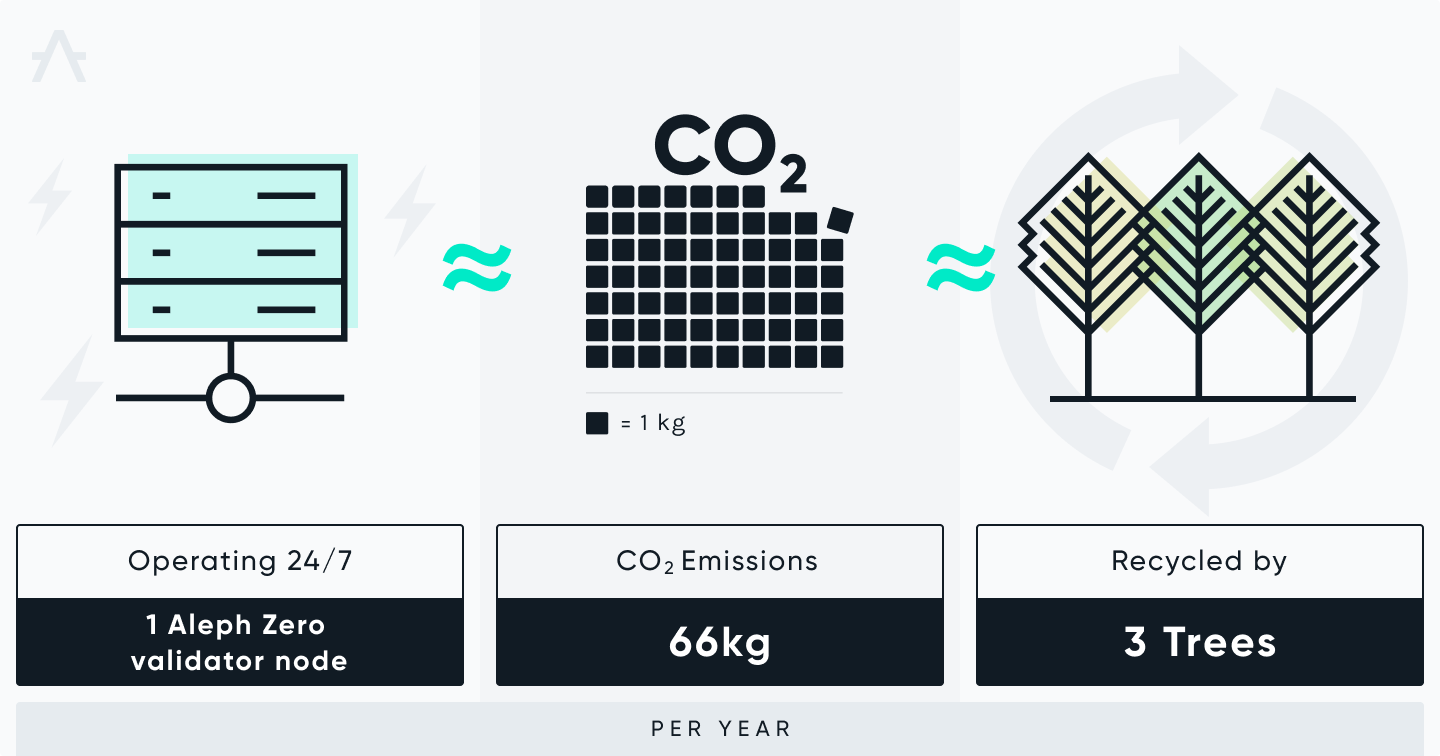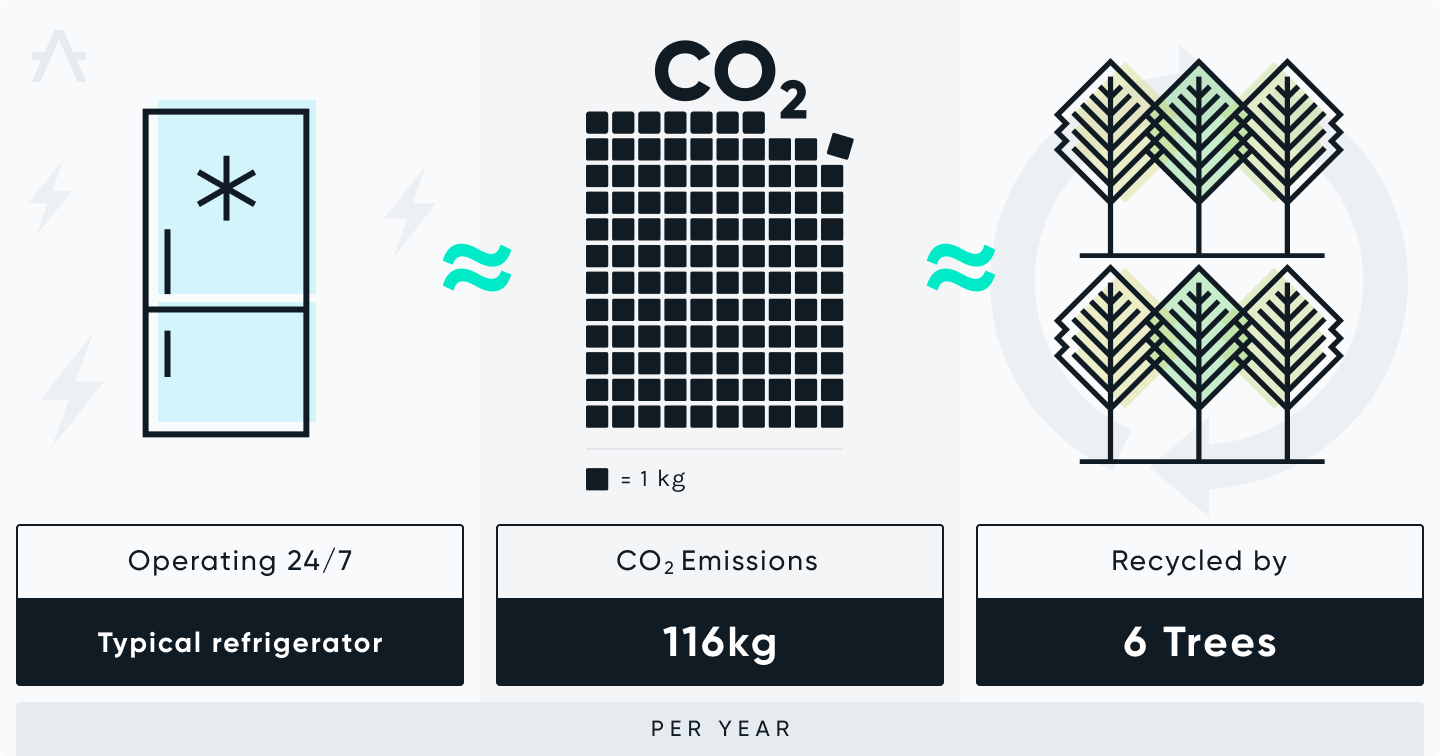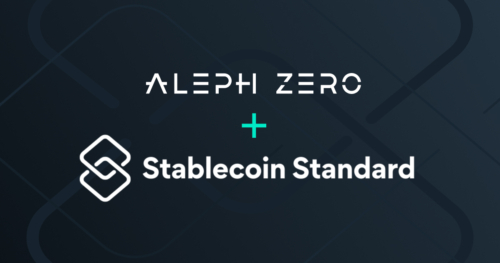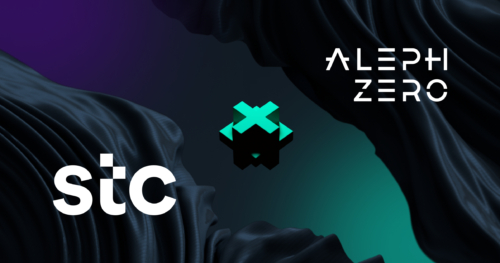European Parliament Rejects Proof-of-Work Blockchain Regulations
Mar 15, 2022

In a historical moment, the European Parliament has rejected a new set of regulations that would severely affect blockchains employing a Proof-of-Work (PoW) consensus protocol.
The rejected directive was not an outright ban on cryptocurrencies but a voice of concern over the ecological impact of PoW blockchains. In PoW blockchains, users who possess the appropriate hardware can validate transactions conducted by solving cryptographic puzzles that, once completed, confirm the truthfulness of the transactions. This results in the adding of a new block to the blockchain.
PoW protocols gave rise to the blockchain industry as a whole, yet over the past few years have been proven to possess several limitations revolving around scalability and the worrisome level of energy expenditure required to power these chains.
The rejected directive was especially dangerous for the Bitcoin community due to the fact that there are no plans to move Bitcoin from a PoW validation process to a Proof-of-Stake (PoS) system. This method relies on a select group of users, dubbed validators, staking an appropriate number of tokens in exchange for the right to validate blocks and uphold the network’s cohesiveness. Ethereum, the world’s second most popular cryptocurrency, plans to move to PoS later in 2022. As a decentralized asset bereft of governance, it would be difficult for Bitcoin miners to comply with the minimum environmental sustainability laws that would require blockchain operators to provide a detailed roadmap for minimizing their ecological footprint.
Aleph Zero Is Committed to a Green Blockchain Space
In 2021, Aleph Zero proudly joined the Crypto Climate Accord, an industry-wide initiative to introduce greener practices. The first stepping stone in our journey to ensuring Aleph Zero’s sustainability comes in the form of our Proof-of-Stake (PoS) mechanism. This method relies on users staking the appropriate number of tokens. To become a validator on the Aleph Zero blockchain, a potential candidate will have to stake 25,000 $AZERO. Once staked, the validator takes part in the governance process and decides along with other validators on the truthfulness of transactions conducted on-chain. This process is considerably less energy-intensive.
The infographics below show the carbon footprint of a single Aleph Zero node when compared to a standard refrigerator.


Besides employing a PoS mechanism, Aleph Zero Foundation also wants to introduce carbon offsetting practices to compensate for greenhouse gases created by the nodes hosted by the Aleph Zero Foundation and Cardinal Cryptography.
As a society, we are unfortunately privileged to witness firsthand the effects of man-made climate change. Increasing energy efficiency and combatting the adverse effects of humanity’s impact on the natural world should be at the forefront of discussion when considering any technological advancement that comes our way. We want to do our part and will continue supporting all initiatives designed to make the blockchain space greener.


